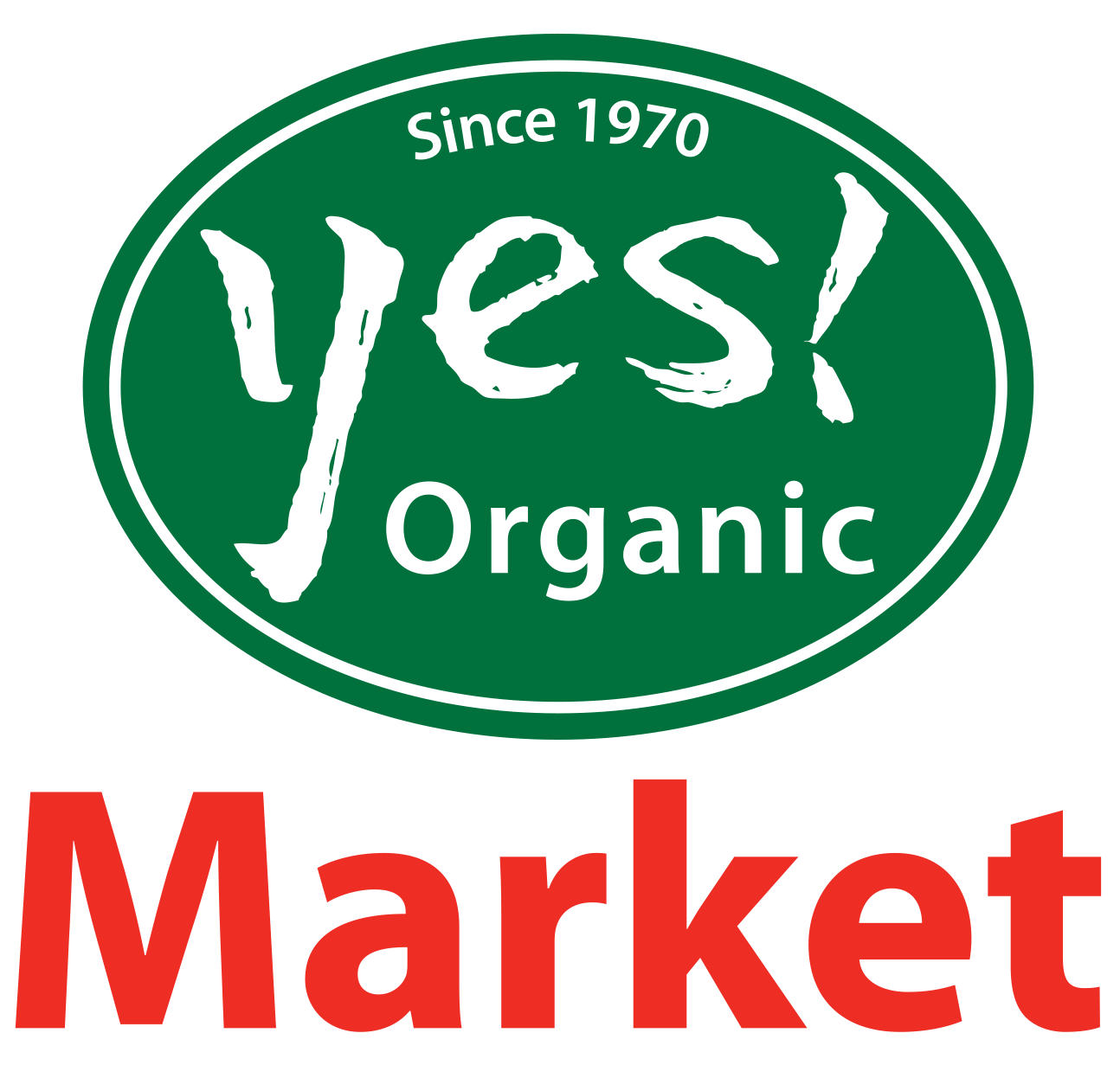Turkey, cranberry sauce and mashed potatoes weren’t on the menu in 1621 during the harvest feast between the Wampanoag and the Separatists (or, Pilgrims as they were later called) from England, but it’s on the menu now! We’ve got all your thanksgiving meal needs here at Yes! Organic Market. We also have a way for you to observe thanksgiving in a way that honors its true history, and to observe respect for the land.
After Lincoln made the idealistic (and slightly off-base) assumption that the Separatists and the Wampanoag were peaceful cohabiters of the east in the 1600s, he made Thanksgiving a national holiday in 1863. This was right after the Union had a pivotal victory in Gettysburg during the Civil War. The president was trying to unite the north and the south by making a lesson of the “perfect united picture” of Separatists and the Wampanoag: If they could get along, why can’t we?
The truth is, Thanksgiving is a dark day for Native Americans across the US. The Wampanoag people gather at noon on Thanksgiving day at Cole’s Hill (it overlooks Plymouth Rock) for a national day of mourning. They remember how they welcomed the English Separatists with open arms, and then their society was eviscerated of its culture, and they were massacred by those they helped. Their land was stolen and their languages were outlawed. Know that on Thanksgiving day, thousands of displaced Native People mourn the loss of their land at the hand of the English Settlers.
What can we, as people who now live on this borrowed (or taken) land, do about it?
You can donate to one of the many Native American causes, sign petitions for reparations and rights to land ownership. You can learn how to be an ally to the causes of the First People.
Wholistic living requires looking at the way we’ve participated in evil, and then acting in a way to try to undo that evil. Doing all that we can to ally with and support the people our ancestors displaced is a way to try to live in balance. Respecting the land we live on as borrowed for now, and treating it with respect, is also important. Organic farming is one way to respect the land, as it causes less harm to those who work the fields (usually migrant workers) and lends itself to healthier farming practices with the soil.
Here are some links if you would like to donate or support an ally organization:
How to Ally: https://mashable.com/2015/11/26/native-american-thanksgiving/#XBySffRTBPqz
Native American Rights Fund: https://www.narf.org/
National Congress of American Indians: http://www.ncai.org/about-ncai/working-with-us

